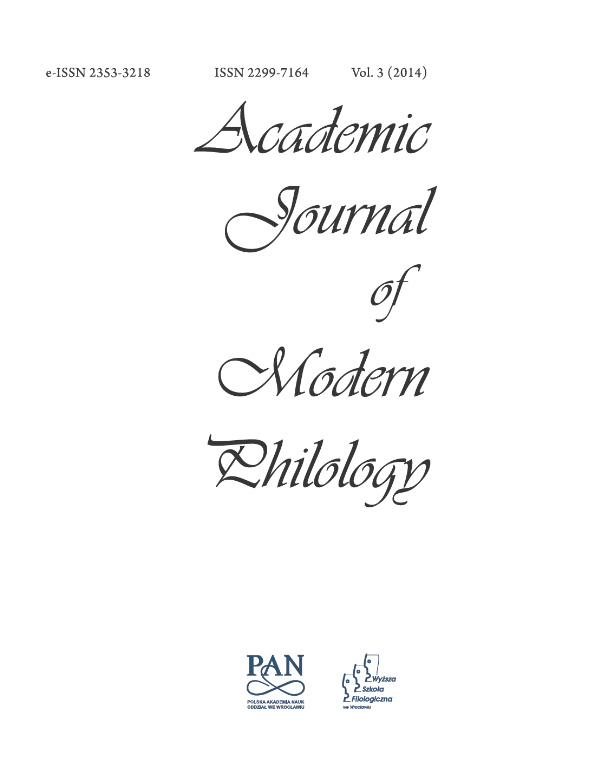Language in Interaction: The Role of Conscious Processes in Conversation
Language in Interaction: The Role of Conscious Processes in Conversation
Author(s): Alessandra ChieraSubject(s): Language and Literature Studies, Theoretical Linguistics, Communication studies, Pragmatics
Published by: Komisja Nauk Filologicznych Oddziału Polskiej Akademii Nauk we Wrocławiu
Keywords: pragmatic inference; communicative intentions; conversation; miscommunication; consciousness
Summary/Abstract: Consistent with the well-established tradition of cognitive pragmatics, this work hinges on the idea that human communication has to be considered inferential in nature. Starting from the empirically-based insights of Relevance Theory, I will focus on the role of pragmatic inference processes in real language use, specifically in conversation. In order to address this question, I pursue a twofold goal. On the one hand, I intend to characterize the nature of conversational exchanges, by identifying the main features that underlie their elaboration. On the other hand, my goal is to provide some indications about the cognitive underpinnings of such conversational properties. Relevance account states that language in context can be described as a matter of expressing and recognizing intentions and that this procedure is driven by the expectations of relevance automatically processed. In accordance with the claim that the core of conversations lies in conveying and catching each other’s intentions, I will take into account the strategies employed by interlocutors and the cognitive mechanisms involved in this kind of process. Although Relevance theorists account for some important features of language in use, my hypothesis is that they falter in explaining some non-marginal aspects of real-time conversation because of two problematic issues: a) the propensity to emphasize the comprehension process omitting to account for the production process; b) the idea that it all comes down to processing relevance by means of a modular automatic device. Against these claims, I will argue that: a) conversation is a joint activity performed in coordination and requires complex abilities as on the side of the hearer as on the side of the speaker; b) automatic mechanisms cannot underlie some essential aspects inherent in conversation which are better explained by the role of conscious processes. Although the relation between language and consciousness has been traditionally neglected, the idea of putting consciousness back into the reflection on language in context has important theoretical and empirical implications
Journal: Academic Journal of Modern Philology
- Issue Year: 2014
- Issue No: 3
- Page Range: 7-16
- Page Count: 10
- Language: English

